We only have one body. It’s our “homeland.” We never leave it. Well, we do once …
Today, fresh air and healthy foods are luxury. It’s crucial to know the intake of daily nutrients. Most of all, it’s crucial to know its importance.
The body cannot function well without “gas”, same as the cars. You wouldn’t be able to drive around with no gas, unless you “push your car” with the help of the strangers across the road.
So, for vital function of the body and letting the minds clear the cloudy vision, we have to be aware of the following daily nutrients:
1. Vitamin K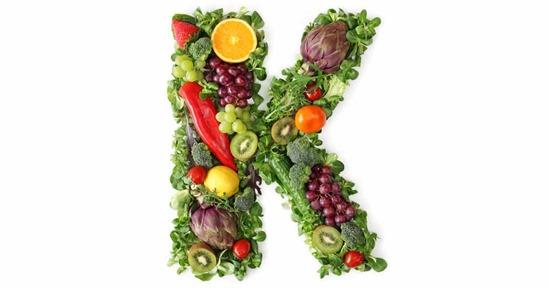
1. Essential for normal blood clotting.
2. Plays crucial role in bone mineralization and cell growth.
3. Lack of it may cause bruising, nosebleeds, and brittle bones.
For women it’s recommended 90 micrograms per day.
For men it’s 120 micrograms per day.
Sources of Vitamin K are:
Kale, collard greens, spinach, beet greens, mustard greens, brussels sprouts, broccoli.
Bonus nutrients:
Dark leafy green vegetables are loaded with vitamins A and C, as well as loads of fiber.
2. Calcium 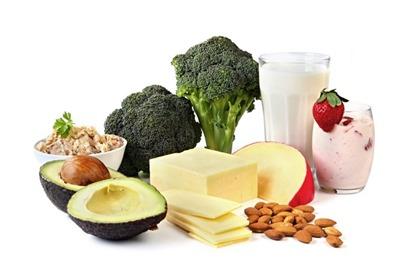
1. Essential for healthy bones.
2. Protects the heart and arteries.
3. It appears to lower the risk of breast cancer and may guard against another form of cancer.
For women it’s recommended (19-50 years): 1000 milligrams per day.
For men: 1200 milligrams
Sources high in calcium are:
Milk, yogurt, calcium-enriched tofu, calcium-fortified orange juice, fortified cereals, low-fat cheeses such as ricotta.
Bonus nutrients:
Milk, yogurt and low-fat cheeses are great sources of protein as well as potassium.
3. Chlorine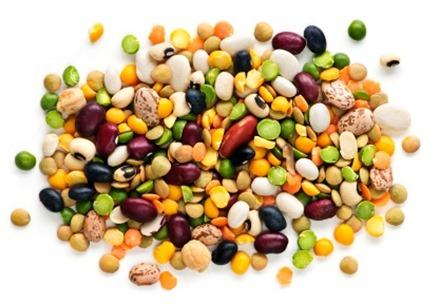
1. Essential for building and maintaining healthy cells.
2. Particularly important for muscle and nerve function.
For women it’s recommended 425 milligrams per day.
For men it’s 550 milligrams a day.
Sources high in Chlorine are:
Eggs, cooked dry beans, peas.
Bonus nutrients:
Beans and peas are rich in protein, folate, magnesium, and potassium.
4. Vitamin A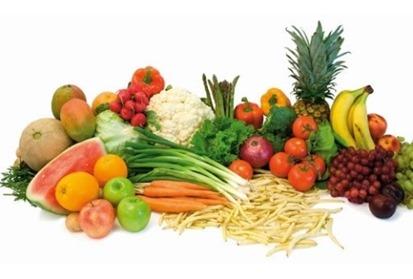
1. Helps maintain healthy eyesight and robust immunity.
2. Helps in other physiological functions, including tissue growth.
For women it’s recommended 700 milligrams per day.
For men it’s 900 milligrams per day.
Sources high in Vitamin A:
Dark green and bright colored vegetables, sweet potatoes, pumpkins, winter squash, spinach, collard greens, romaine lettuce.
Bonus nutrients:
Most vegetables are loaded with fiber and other vitamins, including vitamin C.
5. Magnesium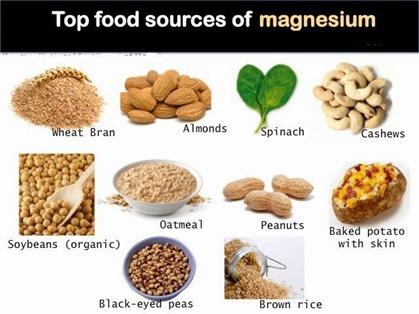
1. Required for more than 300 biochemical reactions in the body.
2. It helps regulate blood pressure and maintains bone strength.
3. Ensures a healthy immune system.
For women it’s recommended (19-30 years): 310 milligrams.
Above 31 years: 320 milligrams.
For men it’s (19-30 years): 400 milligrams per day.
Above 31 years: 420 milligrams.
Sources high in Magnesium:
Halibut, nuts, peanut butter, spinach, oatmeal, beans, lentils.
Bonus nutrients:
Beans and lentils are rich in fiber and plant-based proteins.
Nuts and fish are excellent sources of unsaturated fats, which help prevent heart disease.
6. Vitamin D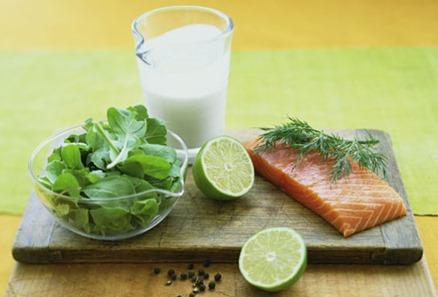
1. Plays an essential role in building and maintaining bone strength.
For women it’s recommended (up to 70 years): 600 international units.
Above 70 years: 800 international units.
For men it’s recommended (up to 70 years): 600 international units
Above 70 years: 800 international units (same as women).
Sources high in Vitamin D:
Salmon, rock fish, tuna, vitamin D-fortified milk, fortified orange juice.
Bonus nutrients:
Along with vitamin D, fish are rich in omega-3 fatty acids, which protect the heart and may also slow age-related memory problems.
7. Vitamin E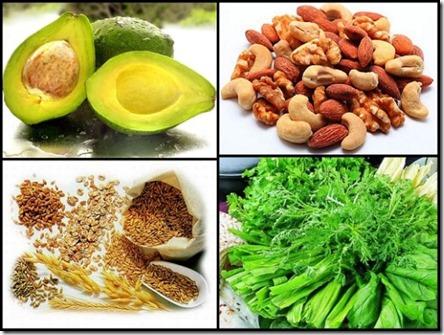
1. A potent antioxidant which helps prevents cell-damage leading to cancer.
2. Severe vitamin E deficiencies can cause nerve damage.
For women it’s recommended 15 milligrams per day.
For men it’s the same (15 milligrams per day).
Nutrients high in Vitamin E:
Almonds, sunflower seeds, hazelnuts, sardines, avocadoes, sunflower oil, cottonseed oil, safflower oil.
Bonus nutrients:
Nuts are rich in unsaturated fats that helps protect against heart disease.
8. Potassium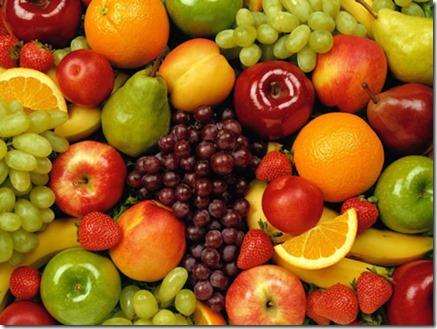
1. A lesser known fact is that too little potassium also contributes to blood pressure.
2. Falling short on potassium may also increase the risk of kidney stones and osteoporosis.
For women it’s recommended 4700 milligrams a day.
For men it’s same (4700 milligrams per day).
Sources high in potassium are:
Potatoes, tomatoes, spinach, carrots, beans, peas, lentils, yogurt, bananas, fish, orange juice.
Bonus nutrients:
By eating more fruits and vegetables you will increase your intake of Vitamin A, C, and K.
9. Vitamin C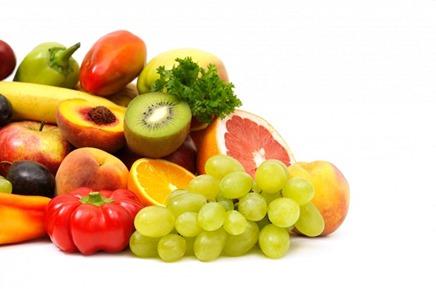
1. Essential for maintaining a strong immune system.
2. As potent antioxidant, may help lower the risk of cancer.
3. It is also required for wound healing.
For women it’s recommended 75 milligrams per day.
For men it’s 90 milligrams a day.
Sources rich in Vitamin C:
Citrus fruit, guava, peaches, kiwi, cantaloupe, red peppers, broccoli, brussels sprouts, kale, cauliflower.
Bonus nutrients:
Foods rich in vitamin C also contain fiber, as well as Vitamin A and K.
10. Fiber 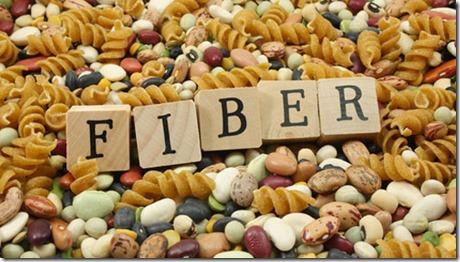
1. It protects against heart disease and type 2 diabetes and may help people maintain a healthy weight.
2. Also helps keep digestion regular.
For women it’s recommended 28 grams per day.
For men it’s 34 grams per day.
Sources high in Fiber:
Vegetables, fruits, whole grains, cooked dry beans, peas, nuts.
Bonus nutrients:
Nuts are rich in unsaturated oils, which help protect against heart disease. Beans and lentils are great sources of potassium and magnesium.
After all, we must consume food for the brain to function properly.
